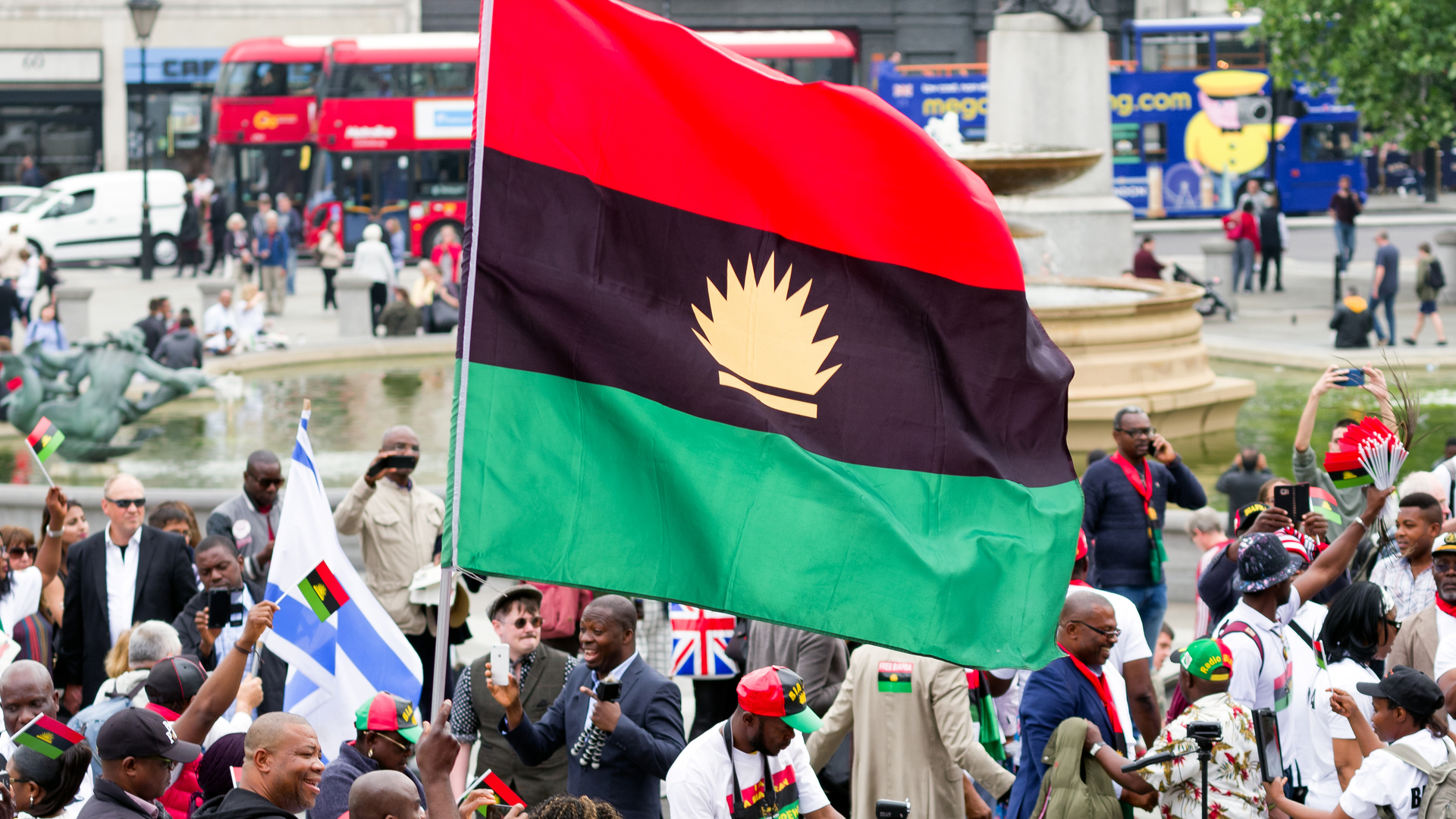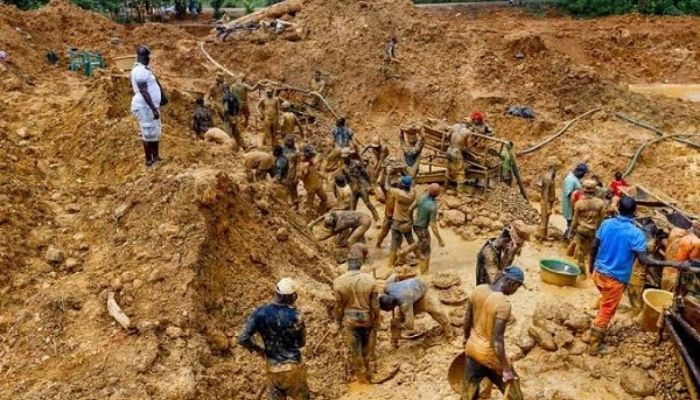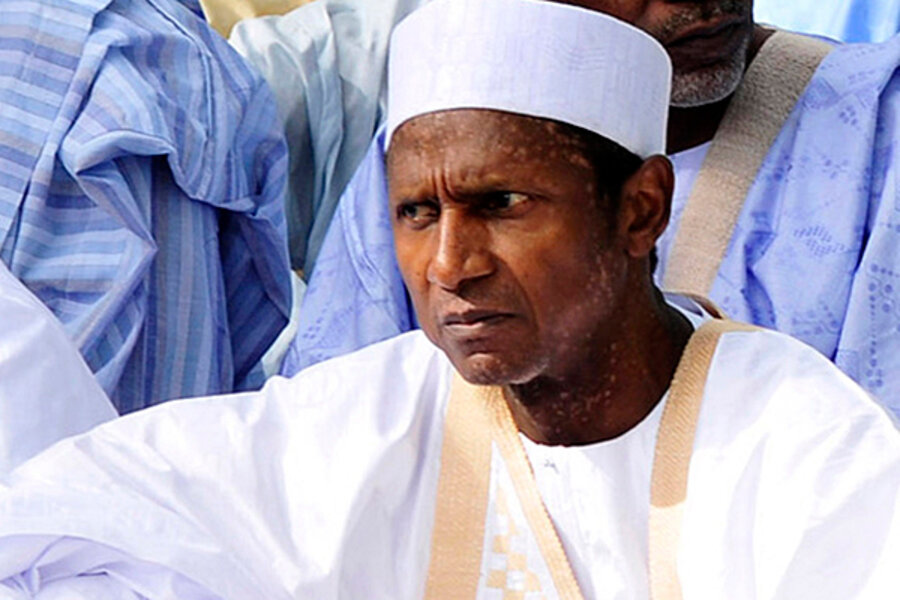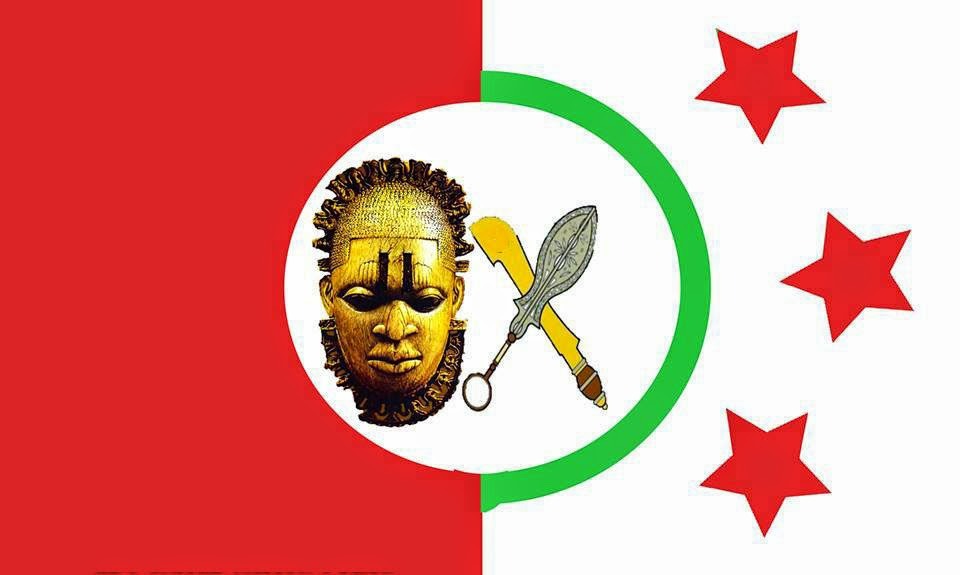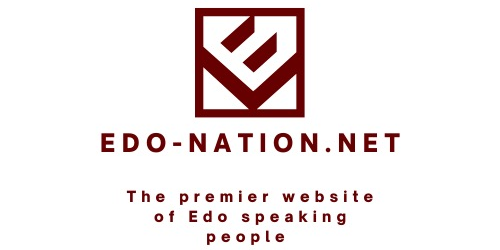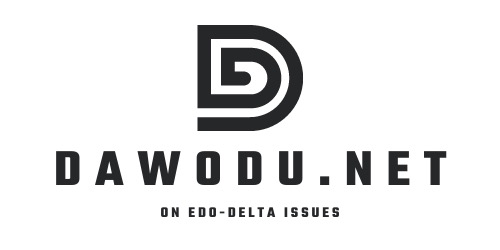The Nigerian CCTLD Working Group finally submitted a joint proposal for the administration of the .ng Top Level Country domain. Supposedly, the proposal is a presentation of a standard framework by which the .ng ccTLD will be managed.
The .ng domain currently has less than 2000 active registered domains, and having been plagued by incompetent attention in the past, the proposal submitted by the .ng ccTLD Working Group necessitates careful review. The review has the following objectives in mind:
To examine if the proposed structure represents the interest of the local
Nigerian Internet community.
To examine that the proposed organizational structure enables the .ng
Organization to conform with ICANN’s Policies, as stipulated in the Memorandum of Understanding signed between NITDA and ICANN and became effective June 9, 2004 .
That the proposed organizational structure meets directives expressed to NITDA by the Nigerian President, Olusegun Obasanjo, on January 16, 2004 .
To review that the structural composition of the .ng organization has taken
measures by which it will enable domain registration growth in the .ng ccTLD.
1.0 Review of Nigerian Local Internet Community.
ICANN defines Local Internet Community as: “the Internet industry and users and the government and authorities of the state or territory with which the ccTLD is associated. The definition of the Local Internet Community may vary from one country/territory to another, and is essentially a matter for the community in a given country/territory to decide. The definition of the Local Internet Community should be documented, available for public inspection, and transparent to the local community” [1]
A list of “stakeholders” submitted by the .ng Working Group consisted of representatives from the Federal Government, State Government, Private Sector, Educational Institution, Computer Associations, and Youth sector. It is well represented. However, nowhere in the Proposal, did the Working Group define and document what actually constitutes the Nigerian Local Internet Community. The Stakeholder list submitted by the .ng Working Group is as follows:
1. National Information Technology Development Agency--Mr. Basil Udotai
2. Nigerian Communications Commission--------------------Mrs. Mary NmaUduma
3. Nigeria Computer Society-------------------------------------Mr. Chris Nwannena
4. Internet services Providers Association of Nigeria--------Mr. Sunny Imudia & Mr. S. Afolayan
5. Nigeria Internet Group------------------------------------Mr. Emmanuel C. Ekuwem
6. Computer Professionals Registration council of Nigeria ---Mr. G.M.M Obi
7. Council for Registration of Engineers in Nigeria------------
8. Nigerian Universities Commission---------------------------- Mr. A Azubuike
9. Nigeria Society of Engineers------------------------------ ----Mr. Titi Omo Ettu
10. National Broadcasting Commission----------------------------Mr. Yomi Bolarinwa
11. Association of Telecommunications Companies-------
12. Federal Ministry of Science and Technology----------- -----Mr. Faluyi J.B
13. Federal Ministry of Communications-------------------------Mr. Majekodunni O.O
14. Federal Ministry of Education----------------------------------Mr. I.S.Auta
15. Federal Ministry of Information and National Orientation-- Mrs. Ibukun Odusote
16. The Presidency------------------------------------------------ Mr. Tajudeen Oyawoye
17. Bankers Committee of Nigeria-------------------------------
18. Civil Society Organizations----------------------------------Development Information Network
19. Youth Groups-----------------------------------------------------Mr. Gbenga Sesan
20. The Media--------------------------------------------------------Mr. Everest Amaefule
21. Nigerian Information Technology Professionals Association
22. Representative of State Government---------------------------Prof. I. S. Diso
The .ng Working group ought to provide clear documented definition of what constitutes the Nigerian Local Internet Community as clearly specified in ICANN’s definition.
2.0 Review of Nature of Institution
The .ng Working Group defines the nature of the .ng institution as:
“Members agreed that the nature of the .ng ccTLD Manager shall be: Non-governmental, not-for-profit, Private sector-driven (especially in terms of operations), and an all inclusive membership”
The proposed structure of the .ng Organization as a Non-Profit and Non-Governmental entity ought to be commended. The implication here, is the
renouncement of government control in the affairs of the .ng Organization.
Nigerian Government controlled bodies have typically been plagued by a history
of inefficiency. The renouncement of governmental control might be the best model towards archiving effective management of the .ng Organization.
Also, the pronouncement of the .ng Organization as a non-profit entity, would inherently shield the Organization from tax paying burdens.
1.3. Review of Role of Government
The .ng Working Group, defines the role of Government as; “Supervisory at best. Policy and practice to be determined to the best extent possible by market-based considerations; No controlling authority over the internal affairs of the Manager"
In defining the “Role of Government” as relates to the affairs of the .ng Organization, it appears that there are contradictions with the section that defines “Nature of the Institution”. The section addressing “Nature of the Institution” was defined as “Non-Governmental”. In this case, the statement defining the “Role of Government“, to include one of “supervisory at best”, appears to contradict the purpose of a Non-Governmental organization. One definition of Non-Governmental Organization is: “an organization or group of people working independent of any external control with specific objectives and aims to fulfill tasks that are oriented to bring about desirable change in a given community or area or situation.”[2]
Readers should note, that any supervisory oversight imposed on the .ng Organization by the Nigerian Government, defeats the purpose of structuring the
.ng Organization as a Non-Governmental entity. Also, if the role of Government includes, “no controlling authority over the internal affairs of the Manager”, what then is the meaning of a supervisory role? The role of government in the affairs of the .ng Organization ought to be non-existent.
1.4. Review of Institutional Organization
The .ng Working Group defines the composition of the Institutional Organization as: “Members agreed on following organs and functions: General Assembly (Policy and power base of organization), Board of Trustees (Advisory body shaping policies, practice and programs), Executive Board (Termed electable positions), and Management Committee day-to-day operations)”
The .ng Working Group appears to have designated policy making authority to two separate bodies: A) A General Assembly, B) A Board Of Trustee.
In most Organizations, it is almost always the case, that the Board of Trustee or the Board of Directors are solely given the responsibility of policy formation.
The decision to give policy making authority to two bodies within the .ng Organization, does not appear to designate a clear line of policy making authority within the structure of the .ng Organization.
1.5 Review of Technical and Administrative Functions
The .ng ccTLD Working Group describes the Technical and Administrative functions as: “Members agreed that all Technical and Administrative functions and procedures shall be decided by the emerging NGO Manager (NIRA)”
In essence, since Technical and Administrative functional responsibilities are the core functions of the .ng Organization, it appears that rather than delegate procedural policy responsibility to the .ng Manager, governing Policy and procedure responsibilities ought to be carefully outlined in the bylaws of the organization. Typically, organizational bylaws are defined as: “rules adopted by a corporation of internal governance. Bylaws are usually included in the articles of incorporation” [3] . The overall rules as it pertains to the internal Technical and Administrative governance of the .ng Organization, ought to be defined in the articles of Incorporation. Operational day-to-day policy and procedure ought to be the responsibility of the .ng Manager, not overall Technical and Administrative policies and procedures.
1.6 Review of Basic Second Level Domain Name Hosting Guidelines
The .ng ccTLD Working Group provides minimum guideline on 2nd level Domain re-delegation as follows: “Given unstable power conditions in Nigeria = applicant to show capacity to generate uninterrupted power INDEPENDENTLY, Conditions such as those of ISPs may be mandated as benchmarks, Bandwidth Capacity Utilization must be maximized = for cost benefits, Commitments to provide discounted and if possible free services to certain categories of user = Places of worship, Schools, certain NGOs etc”
Here, the .ng Working Group realizing the nature of erratic electricity supply in Nigeria requires 2nd level authorities to be able to generate power independently.
This particular requirement is a necessity. To become a Registration Authority or Re-Delegated Domain Authority, the capability to generate un-interrupted power supply, is and ought to be an essential standard in Nigeria .
However, the proposal went further requiring that, “Conditions such as those of ISPs may be mandated as benchmarks”. What conditions? This particular requirement is arbitrary and might create adverse effects on non-ISP’s that wish to become Registration Authorities. Registration bodies ought to have compliance standards specific to their nature of service, the Nigerian ISP ought not to be the yard stick that drives any standard.
1.7 Review of Domain Name Dispute Resolution
The .ng ccTLD Working Group states its Dispute Resolution proposal as:
“Domain Name Dispute Resolution Department = publication of DNDR Rules and coordination of dispute process. Actual DNS Dispute Resolution Service Providers to be appointed by Manager under conditions approved by the Board of Trustees. Department to be staffed by professionals with requisite understanding of the workings of the Internet, with a good knowledge of Intellectual Property Law”
Generally, Dispute Resolution mechanisms are neutral bodies. The .ng proposal for Dispute Resolution has the Dispute Resolution body reporting directly to Manager of the .ng Domain. This ought not to be the case, as it introduces an inherent conflict of interest. The particular model prescribed for Dispute Resolution, seems to align itself more with the internal Administrative structure of the .ng Organization. A more suitable alternative would be to have the Dispute Resolution Authority, appointed and reporting directly to the Board of the .ng Organization. The president of the .ng Organization ought not to have oversight over the Dispute Resolution body.
Also, the requirement to have members of the Dispute Resolution body have a prerequisite of, “a good knowledge of Intellectual Property Law” does not appear sufficient. Another core prerequisite for the team ought to be in the Dispute Resolution discipline itself. The prerequisite mandating knowledge of Intellectual Property appears to take a “Lawyering” posture. The sole responsibility of Dispute Resolution ought to be the arbitration of domain conflicts outside of the judicial system.
Other General Omissions
The following is a list of other pertinent issues that appear to have been omitted by the .ng Working Group.
Steps to attain compliance MOU signed between NITDA and ICANN.
No mention of a need to comply with ICANN’s guiding policies and procedures anywhere within the proposal
Technical Migration Plan for the .ng computing infrastructure was not discussed.
Local Nigerian Internet Community was not defined
Funding structure for the .ng was not outlined.
No proposals for bylaws of the .ng Organization
A strategy to achieve .ng growth was not outlined
Technical Administration localization.
Clear and precise role of government
Specific standards for Registration Authority
horizontal rule
[1] See, http://www.icann.org/cctlds/cctldconst-4th-best-practices-10mar01.htm
[2] See, http://www.gdrc.org/ngo/wb-define.html
[3] See, http://www.legal-definitions.com/bylaws.htm




